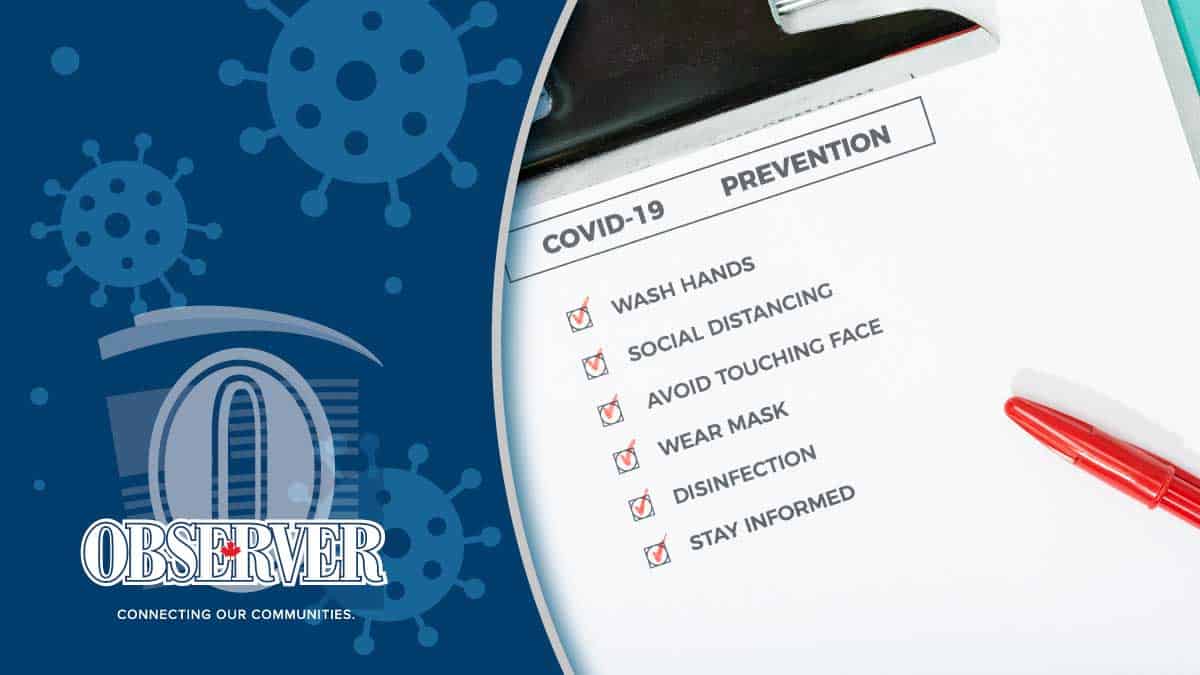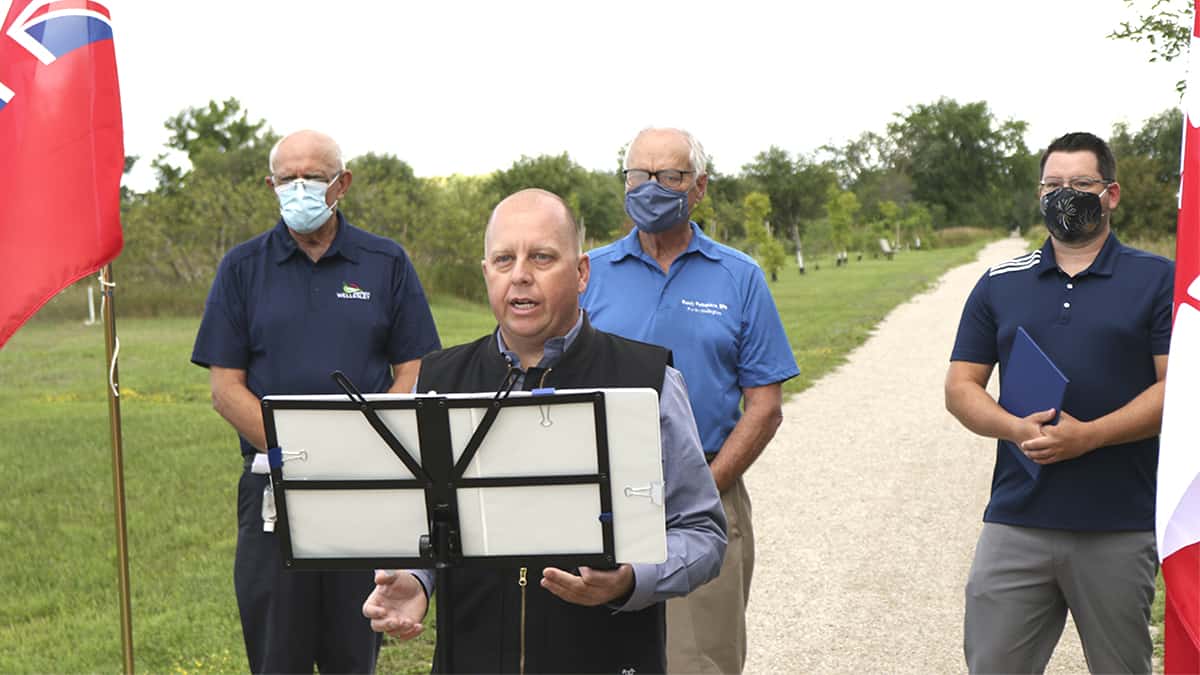Tackling systemic racism is a long-term process, one that got underway last week with a pair of town hall meetings arranged by the Region of Waterloo.
The virtual events saw some 25 delegates register to speak, chronicling the fact racism exists even in communities here. The public sessions were prompted by the Black Lives Matter movement that kicked into gear following the May 25 death of George Floyd at the hands of a police in Minneapolis. That act spawned a series of protests across the United States and around the world, including Waterloo Region.
Last week’s town hall meetings began an acknowledgement this area is not immune to systemic racism, with regional Chair Karen Redman noting there’s been significant citizen engagement in the process.
“The next step is we look at systemic racism – both inwardly at Waterloo Region, as an institution, as well as our partnerships in the community – and confront it where we find it,” she said, adding the region is looking to form a working group to deal with the issue. “There’ll be recommendations in the fall to talk about what a made-in-Waterloo-Region anti-racist secretariat might look like. We’ve certainly talked a lot to Toronto and to Ottawa. And there are some well-established organizations within municipalities. So, it’s the beginning of a very long journey.”
Colleen Sargeant James, the mediator for the conversations at the town hall sessions, said action is needed to address longstanding issues.
“Our community is not immune to racism. Anti-Black racism, anti-indigenous racism continue to plague our community, and many of us have experienced and faced this firsthand. We have seen recent examples of racism displayed throughout our community, both nationally and internationally. And our BIPOC (Black, Indigenous and people of colour) community is hurting.”
One of the first steps the region took was pausing the Waterloo Regional Police Services’ school resource officer (SRO) program, which saw an officer onsite at high schools, in response to a call made by the African, Caribbean and Black (ACB) Network of Waterloo Region.
Representatives from the school board at the town hall meetings noted racism exists in its facilities, adopting to shelve the SRO program in response to the community’s wishes.
Officials acknowledged racism is a problem in the region. While specific data kept by the police were not released, they encourage victims of hate crimes to call police immediately.
An overall approach to racism in the region will be part of the proposed new secretariat, which the region says would be “its own department within the region. Its focus would be on making recommendations to council regarding regional services and programs that can positively impact the BIPOC and other racialized communities.”









